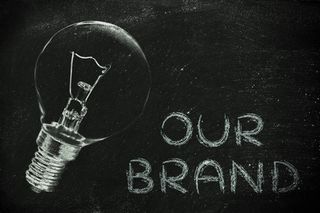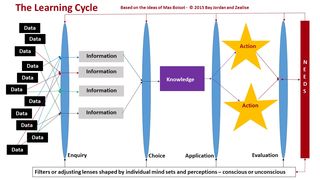How You Overcome That Great Fear
Most “disruptive” ideas – like the examples rejected by IBM – were first mooted internally. Their originators, however, had the conviction, determination and drive to pursue them and see them through to success, with the ultimate financial rewards that followed. We call that entrepreneurial spirit, but there is no reason why it has to occur outside the organisation. Supporting their development and offering the originator a royalty in return, creates the best of both worlds. It taps into the creative capabilities of your most important assets whilst simultaneously ensuring that results remain “in-house.” That, surely, is the ultimate win-win.










